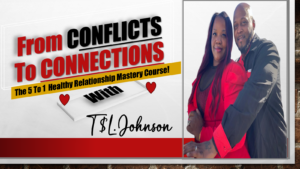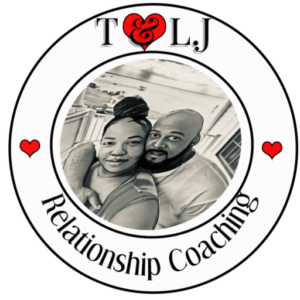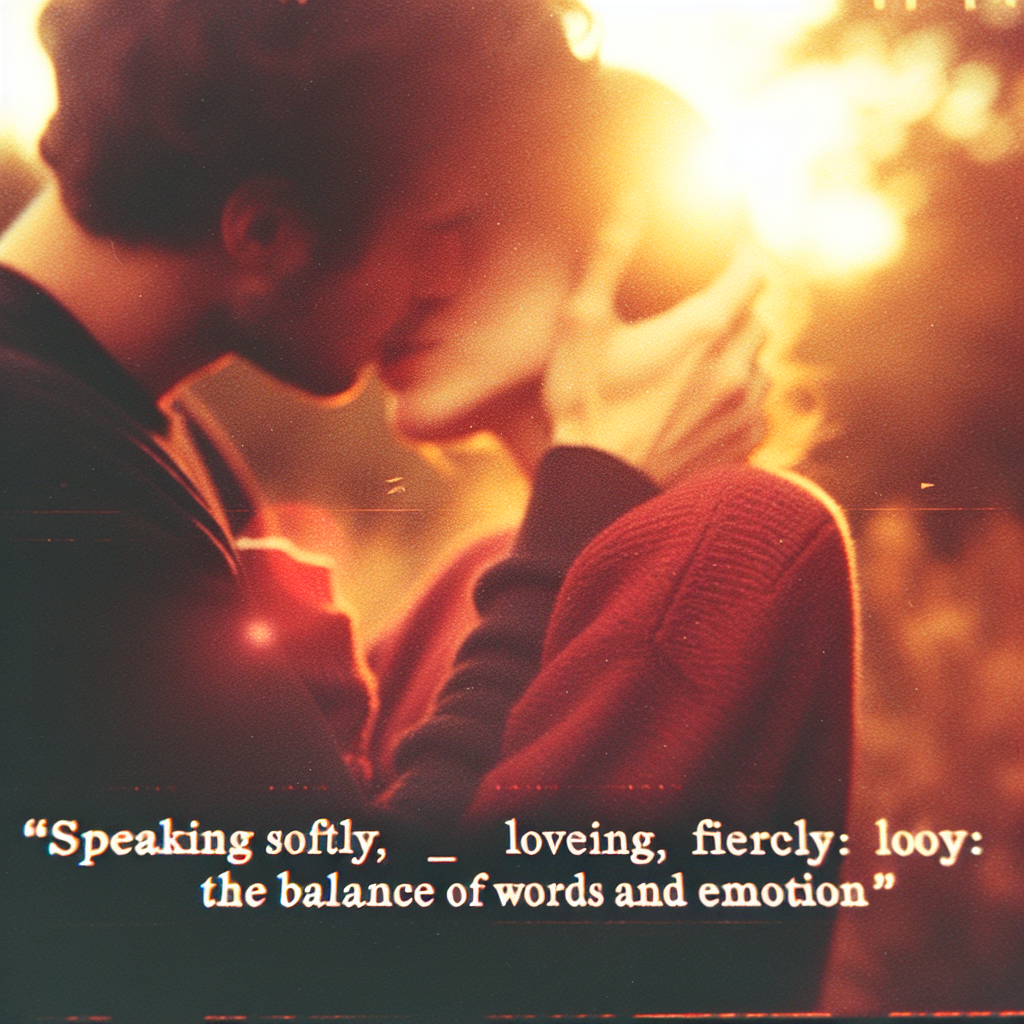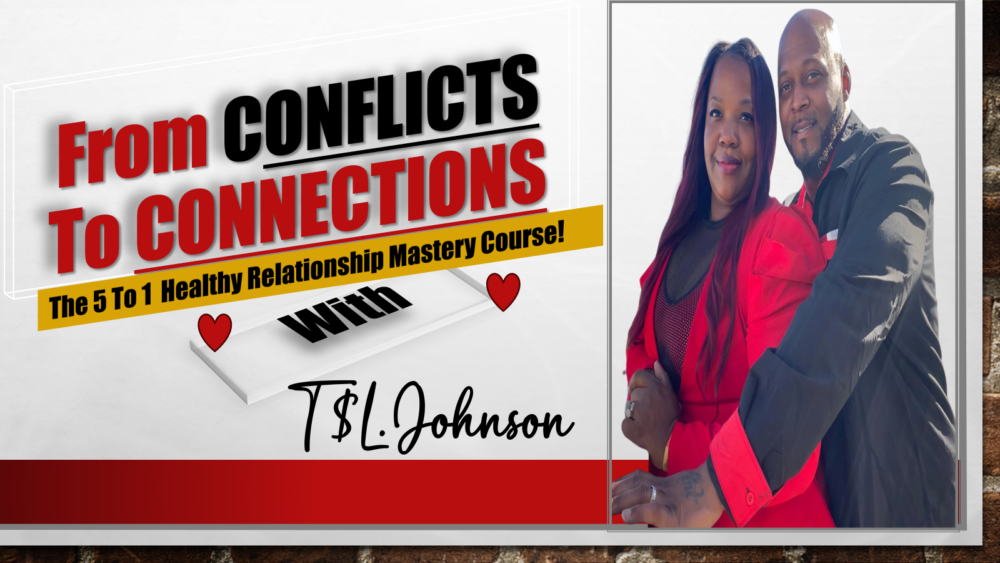Understanding the Power of Words
The Weight of What We Say
When I first began to understand the influence of words, it hit me like a ton of bricks. Every word we choose has a multitude of effects not just on the listener but on the speaker as well. Language is a tool that can uplift or tear down. I learned that even a simple “thank you” can strengthen a relationship, while a careless comment can shatter trust. It’s all about being mindful of our language.
In conversations, I often take a moment to calibrate my words. This mindfulness allows me to express my feelings clearly without coming off harsh or overly emotional. It’s fascinating to realize how many emotions can be conveyed through such simple sequences of sound.
This awareness doesn’t just serve to enhance my communication skills; it also encourages deeper connections with those around me. Understanding the weight of my words has transformed my relationships, making them richer and more fulfilling.
Connecting Through Language
Words are not just sounds; they create bridges between us. I’ve found that by using thoughtful language, I can connect with others on a much deeper level. When I express what I truly feel, my intentions become clear, and the person I’m speaking to feels valued.
For example, in a recent team meeting, instead of just presenting facts, I shared a personal story that related to the topic. The response was amazing! People opened up, shared their own experiences, and a simple discussion turned into a heartfelt exchange.
In essence, it’s about using words to facilitate conversations that matter. It’s this connection that allows us to navigate even the toughest conversations with grace and understanding. Speaking softly creates a safe space for dialogue.
Building Trust With Words
Building trust is no easy feat, but I’ve realized that the way I articulate my thoughts plays a crucial role in fostering that trust. I’ve had situations where all it took was one sincere acknowledgment of love or support to make someone feel totally at ease.
For instance, I remember a time when a friend was going through a tough phase. Rather than offering solutions, I just listened and affirmed their feelings with gentle words. The trust that formed in that moment was priceless! It showed me the beauty of connection through empathetic language.
Thus, it’s not just what we say but how we say it that builds trust. Speaking softly but genuinely can open a world of understanding. It’s a journey of learning how to prioritize the emotional impact of our words.
Expressing Emotions Mindfully
The Art of Vulnerability
Delving into our emotional depths can be scary, but I’ve found it’s often the path to genuine connections. When I express emotions candidly, like joy or even sadness, it resonates more authentically with people. I remember opening up about my struggles during a casual hangout, and the response was overwhelmingly supportive.
Being vulnerable isn’t about putting all my emotions on display; it’s about sharing in a way that invites others to support and understand me. It’s about letting people know it’s okay to feel, and sometimes just hearing, “I’ve been there too,” can forge a bond that mere words can’t accomplish.
Learning to embrace vulnerability in conversations has not only helped me personally but it has also encouraged those around me to express their authentic selves. It’s a cycle of emotional support that can change lives.
The Balance of Joy and Sadness
Emotions can be a roller coaster, but finding that balance between joy and sadness in my expressions has been a game changer. I’m all about celebrating wins, big and small, yet I don’t shy away from sharing when things don’t go as planned.
By expressing joy when I achieve something, I spread positivity and inspire others to celebrate their successes too. But when I share my struggles, it allows others to offer support and gather around during tough times. Real talk: life is messy, and being open about it paves the way for collective healing.
I’ve seen how sharing contrasting emotions can create a beautiful symmetry in conversations. When we embrace this duality, we become relatable and human. Balance is the key; it’s about letting the emotions speak without overshadowing the core message.
Listening As an Art
Let’s face it, communication is a two-way street. I genuinely believe that listening is just as important as speaking. When I listen actively, I not only hear words but also pick up on the feelings behind them. It’s like tuning in to a frequency that reveals so much more than just words.
It’s not enough to nod and offer empty responses. I’ve found that reflecting back what I hear shows not only that I’m listening, but it also makes the speaker feel acknowledged and valued. I’ve seen relationships blossom simply through the act of truly listening.

Moreover, listening allows me to respond more thoughtfully. Still, it’s essential to remind myself that being there for someone means not jumping in with solutions; sometimes, they just want a sounding board. It’s a delicate dance but one that enhances every conversation.
Loving Fiercely While Speaking Softly
The Power of Compassion
Compassion has been my secret weapon in balancing love and gentleness. I’ve learned that speaking softly with compassion can soften the toughest of situations. Using kind words and understanding tones has often diffused tense moments and allows for harmonious interactions.
In moments of conflict, I strive to remember this. Instead of raising my voice, I opt for a softer approach, sharing my perspective while being considerate of others’ feelings. Trust me, it makes all the difference! The other person is often more open to dialogue when they feel respected.
Compassion breeds deeper conversations, creating a space where love can flourish. It makes me realize that vulnerability paired with kindness can heal wounds and bridge gaps, creating lasting relationships.
Encouraging Positive Connections
I’ve noticed how vital it is to encourage positivity in everyday conversations. A simple, “I’m proud of what you did,” can ignite someone’s motivation and spark that fire within them. I always strive to be the cheerleader for my friends and family because we all need a boost now and then.
Conversely, embracing constructive criticism without being harsh is essential. I tend to frame feedback in a way that recognizes the other person’s efforts while gently guiding them on what could improve. This way, they feel loved and supported rather than attacked.
Once, I had a colleague who was struggling with their presentation skills. Instead of criticizing, I offered to collaborate and pointed out what they did well before suggesting tips on improvement. The result? They left feeling inspired and more confident. That’s the essence of encouragement—lifting others up while being gentle in our guidance.
Creating a Culture of Mutual Respect
In my journey, I’ve come to understand that speaking softly and loving fiercely fosters a culture of respect. When I treat others the way I want to be treated, it establishes mutual values and enhances our interactions. Respect begets kindness, creating a thriving community.
This culture starts with leading by example. I try to model respectful communication, where I express my opinions without belittling anyone else’s. I can’t stress how much this pays off; people are more inclined to be respectful when they see it in action.
Establishing respect isn’t instantaneous, but it’s a continuous effort to create an environment that promotes healthy relationships. Every gentle word and act of love compounds over time, leading to enriched connections within my life and work.
Conclusion
So there you have it—my journey exploring the balance of speaking softly and loving fiercely. It’s not just about the words we choose but the emotions we convey. By understanding the weight of our language, expressing our feelings mindfully, and fostering a culture of respect, we can create deeper, more meaningful connections. After all, life is all about relationships, and the way we communicate shapes those bonds.
FAQs
1. What does “speaking softly” mean in the context of communication?
Speaking softly refers to using kind and gentle language that fosters understanding and connection with others. It’s about being mindful of how your words affect those around you.
2. How can expressing emotions mindfully enhance relationships?
When we express our emotions thoughtfully, we create an open dialogue that encourages others to share their feelings too. This builds trust and deepens connections.
3. Why is listening considered an art in communication?
Listening is an art because it involves fully engaging with the speaker, understanding their message beyond just words, and responding mindfully. It’s a vital part of effective communication.
4. How can compassion transform tough conversations?
Compassion can help soften the message during difficult discussions by showing empathy and understanding. It creates a space for more productive dialogue and resolution.
5. What is the significance of creating a culture of mutual respect?
A culture of mutual respect encourages positive interactions, enhances relationships, and fosters an environment where everyone feels valued and heard. It’s essential for healthy communication and community.

Schedule Your First 20-Minute Coaching
Call With Us Today to see if we fit . You pick the price!
Click Here






